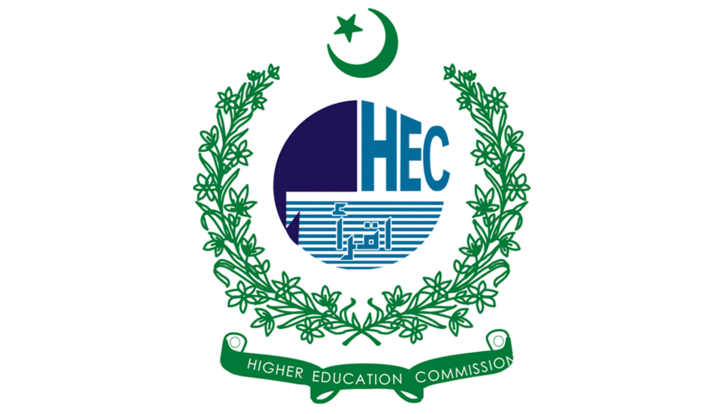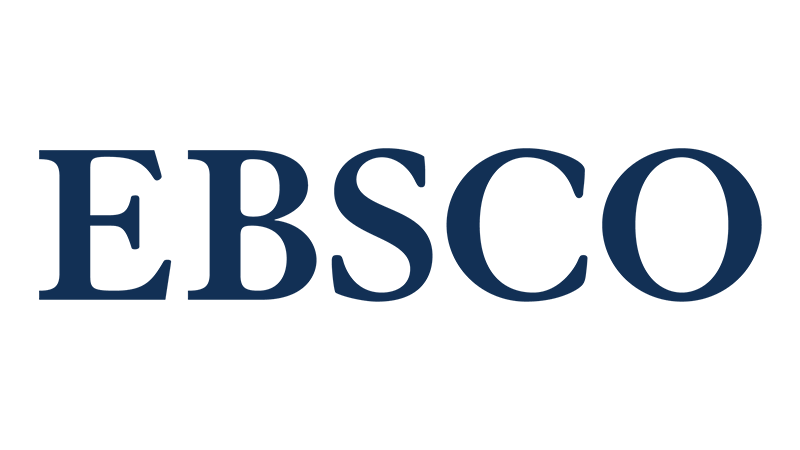
Abstract
This probe examines the puzzles or challenges of globalization to developing as well as developed countries. Indeed this study is undertaken in nexus with another enquiry of the authors about the challenges confronted and strategically tackled to globally operating and expanding companies based in Pakistan. Globalization offers both opportunities and threats and embodies merits and demerits for people of the world. Mainstream globalization is recognized as acceptable or idealistic part of it, whereas deviant globalization is recognized as unacceptable or dark part of it. The investigation isqualitative in type and nature. From the extant literature, it extracts various theories and gains insights about various areas of globalization in a bid to comprehend its context and consequences in a better way. Therefore, the mode of data analysis is also literature assessment. The key findings reveal that globalization leads to both progress as well as retrogression; there are incidences when many countries have benefitted from it, whereas others have not. Ultimately, it rests on the individual countries’ governments that how wisely and effectively they react and manage the un-stoppable waves/changes in the world economy due to globalization. The bottom line is, the solution to the dilemma lies in gloco-localization, whereas the forces and institutions promoting globalization (like United Nations, World Trade Organization, World Bank, and International Monetary Fund) devise the policies to derive global economy by keeping in view the local values and concerns of independent states. Key words: Globalization; Mainstream andDeviant Globalization; Globalization and Pakistan
Keywords
Globalization; Diversification, Globalization and Pakistan
DOI
https://doi.org/10.54784/1990-6587.1274
Creative Commons License

This work is licensed under a Creative Commons Attribution 4.0 International License.
Recommended Citation
Qureshi, J. A., & Jalbani, A. A. (2014). The puzzle of mainstream and deviant globalization. Business Review, 9(2), 106-118. Retrieved from https://doi.org/10.54784/1990-6587.1274
COinS
Publication Stage
Published










